(ThyBlackMan.com) All of social media is abuzz with the free fall of CeeLo Green. Even those of us who watched his slow and calculated rise from Goodie Mob to Gnarls Barkley to premiere judge on NBC’s The Voice find ourselves “sharing” and “liking” the carnage. The only thing a fan loves more than the rise of a star is their descent into the abyss of self-destruction.
Like so many stories of run amock celebrities, CeeLo has become his own worst enemy. Caught up in the fog of his own hype, he somehow thought he could apply the same rules as the common man: when accused and you believe you’re innocent, back pedal, deny, hide, disregard, and play the “it-wasn’t-me” card. His mistakes provide a template for all celebrities of what not to do when faced with a crisis situation.
1. Realize–up front and early–that you are in crisis. There is a reason why public relations and crisis management professionals exist. And, for celebrities interested in fame over infamy, an even better reason why they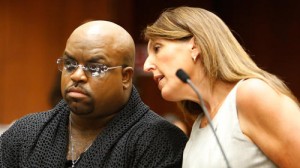 earn big bucks. Because they know how best to frame your message, or spin your guilt. They are specialists in damage control.
earn big bucks. Because they know how best to frame your message, or spin your guilt. They are specialists in damage control.
When the rape allegations first came to light, it was barely a news story. Why? Because CeeLo Green himself offered no commentary. CeeLo made it more newsworthy when HE began to speak, rather than allowing his handlers to navigate on his behalf.
2. Stay away from social media. 140 characters is not enough space to plead your case, especially one involving an alleged rape. And everyone knows, a hit dog will holler. When CeeLo Green began circling his wagons of innocence through “explaining” his proported views on rape, it increased the belief that he was or, at best, might, be guilty. While social media sites give immediate voice to our thoughts, we all know every thought shouldn’t be shared. Some thoughts require the support of tonality, facial expression, filter, and presence that social media lacks.
3. When you speak, realize that you are not just talking to your crew. If your posse accuses you of an unseemly act, you can plead your case with them directly. Out of their knowledge of and familiarity with you, they’ll fill in the gaps with plausible explanations of what you meant to say versus what you actually said. It is a luxury we have with our friends and associates. Twitter followers and Facebook fans don’t count as crew–and they do not extend grace.
What Cee Lo Green actually said was “…people who are really raped remember.” As a continued fan of CeeLo’s, I understand what he probably meant was if the accuser doesn’t remember what happened at all, then she cannot fairly say if the encounter was rape OR consensual. Because she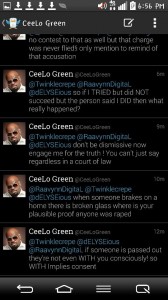 doesn’t remember and any evidence of her being drugged was lacking, then she cannot truly know if she actually gave consent. But this point of view can be hard to explain on Twitter.
doesn’t remember and any evidence of her being drugged was lacking, then she cannot truly know if she actually gave consent. But this point of view can be hard to explain on Twitter.
4. We are responsible for the things we inspire, whether we agree with them or not. If you hurt someone’s feelings, you are responsible for how you made them feel. It doesn’t matter if you intended to hurt them. It only matters that their truth is the perceived injustice perpetrated by you. Hear this: you are not responsible for their feelings or actions; but you are responsible for your role in the perception. And you, therefore, can deny your part or take responsibility for your part. But their truth is their truth.
Cee Lo Green could have acknowledged the potential hurt or perceived pain a rape victim would be entitled to feel while simultaneously maintaining that this specific act was not rape. And, in doing so, express his regret that the any hurt was caused. I know, I know. It sounds like spin. But, rape is very real, very hurtful, and it happens. Acknowledge it. But that does not mean it happened here. Acknowledge that, too.
I still like CeeLo. He was and is an incredible artist. He is not my dude, nor is he the shining star of a moral example that I would hold up for my children. I just like his music. That’s all. I don’t expect him to give definitions on turpitude. With the loss of his television show (Good Life) and a growing list of canceled concert gigs, I suppose the only lesson he’s fit to give is what not to do when your career is in crisis mode. Whatever you do, don’t be so busy believing your own hype that you forget you are accountable.
Staff Writer; Jazzie Dixson
This talented sista is a writer from the midwest who writes on a wide range of topics about relationships, including romance, intimacy, communication.
May connect with her via facebook; J. Dixson and also twitter; JD.













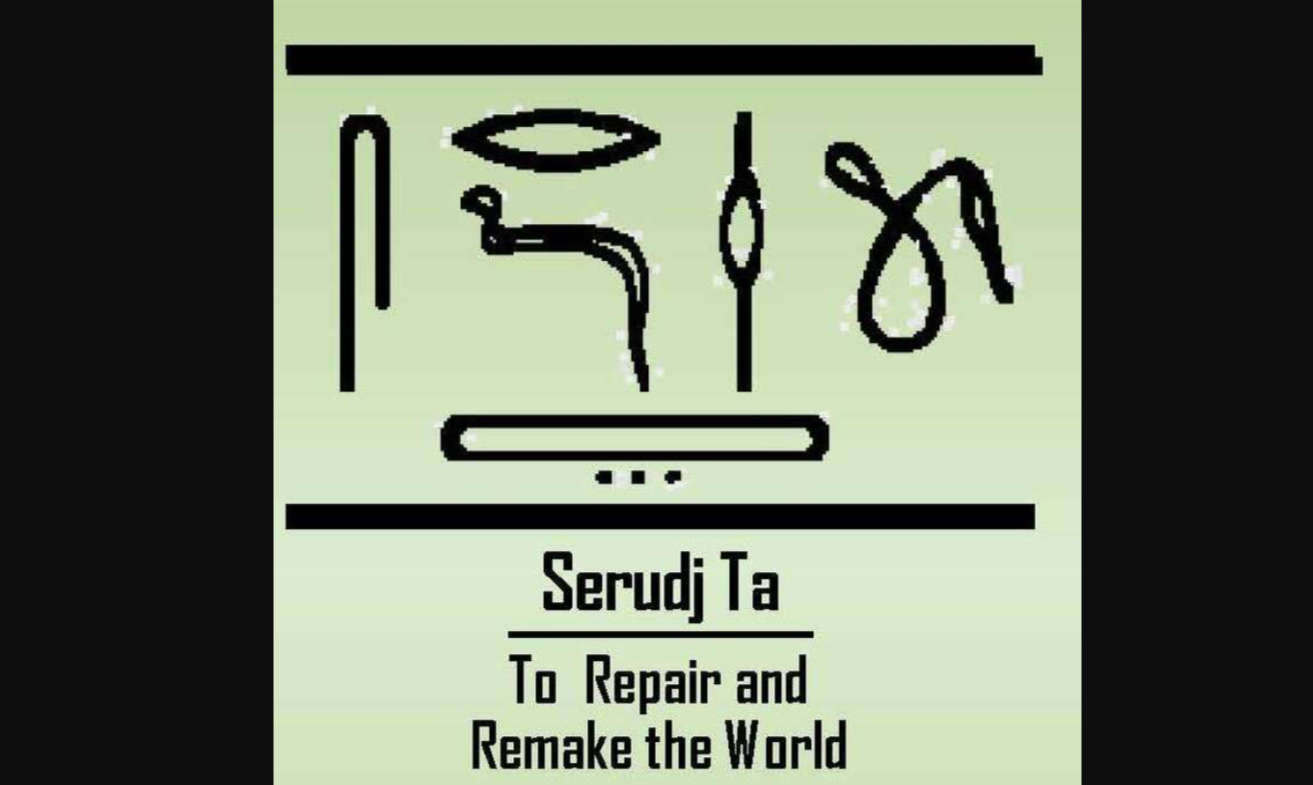
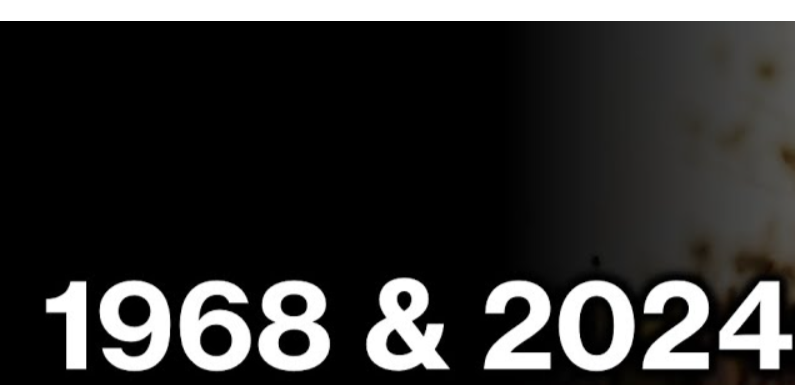
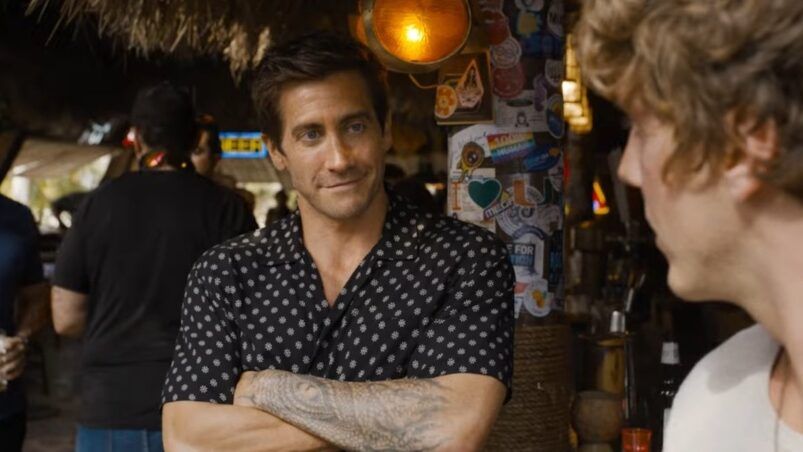
I am not here to place judgement on Cee-Lo because only he and the accuser know of his guilt or innocence. However, the few people I encountered who have been falsely accused of acts as heinous as sexual assault were utterly mortified at the thought someone could accuse them of that. They were also genuinely hurt. I know people react to things in different ways but nothing I heard, read, or saw from Cee-Lo displayed any of that. I like a lot of his music too but the indifferent and nonchalant way he appeared to go about the situation touched a nerve. I don’t wish ill-will on anyone but I will no longer support him. I’m sure he’ll be just fine without my support though.
World…get a clue…he drugged and raped a woman. If his fat ass was all that, he wouldn’t have too. And what about his wife? Why is he druggin and fuckin? Because that is the only way he can get some. The world knows. Lie all you want Cee Lo. We know the truth.